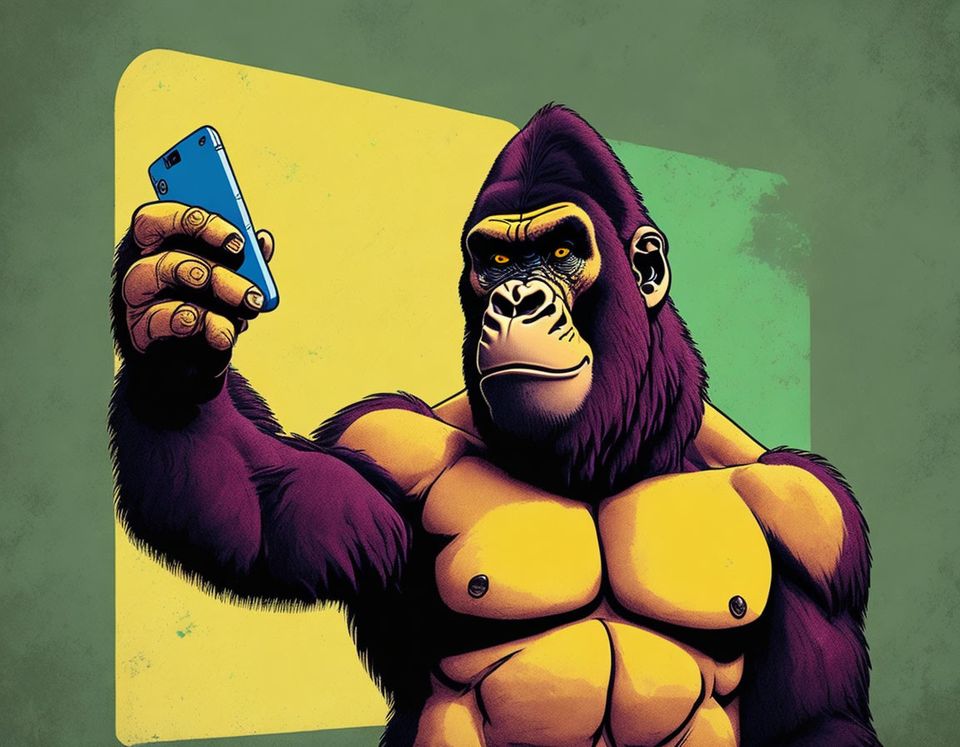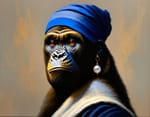Exploring the Ethical Implications of AI Art:

A discussion on copyright, originality, and other ethical considerations in the field of AI art.
As artificial intelligence (AI) continues to infiltrate various sectors of society, its impact on the art world has sparked intriguing conversations about ethics, specifically around originality and copyright laws. AI's ability to generate art poses unique challenges to our existing understanding of these concepts, necessitating a closer look.
The originality of AI-created art has been a central issue in these discussions. Traditional art is viewed as a human expression, a product of human creativity and thought. But when an AI, trained on thousands of existing art pieces, generates a unique piece of art, who can claim originality? Is it the AI for creating the work, or is it the human who designed and trained the AI, or perhaps the artists whose works were part of the training data? This dilemma pushes the boundaries of our conventional understanding of originality in art.
Similarly, AI-generated art brings complexities to the fore in terms of copyright laws. In many jurisdictions, copyright protection is granted to works that are original and exhibit a degree of creativity. However, these laws were crafted in a time when AI did not exist. So, the question arises - can an AI-generated piece of art be given copyright protection?

In the landmark case of Naruto v. Slater, a monkey took a selfie using a camera set up by photographer David Slater. The courts ruled that non-humans cannot hold copyrights, implying that AI, like Naruto, cannot hold copyrights either. Following this precedent, it can be argued that AI-generated art may not be eligible for copyright protection.
In addition, the use of training data for AI also raises ethical concerns. If an AI is trained on copyrighted artworks, does the resulting AI-generated art infringe on these copyrights? This question remains largely unexplored in the legal realm and poses a significant challenge in the age of AI art.
Lastly, the anonymity that AI art can offer might enable the creation and dissemination of deepfakes or other forms of deceptive media, raising concerns about misinformation and manipulation.
Clearly, the advent of AI in art is forcing us to reconsider long-established ethical and legal norms. As AI's role in art continues to grow, it's evident that the art world, legal scholars, and policymakers need to engage in meaningful discourse to address these emerging ethical implications and potentially redefine our understanding of originality, creativity, and copyright in the age of AI.

Comments ()